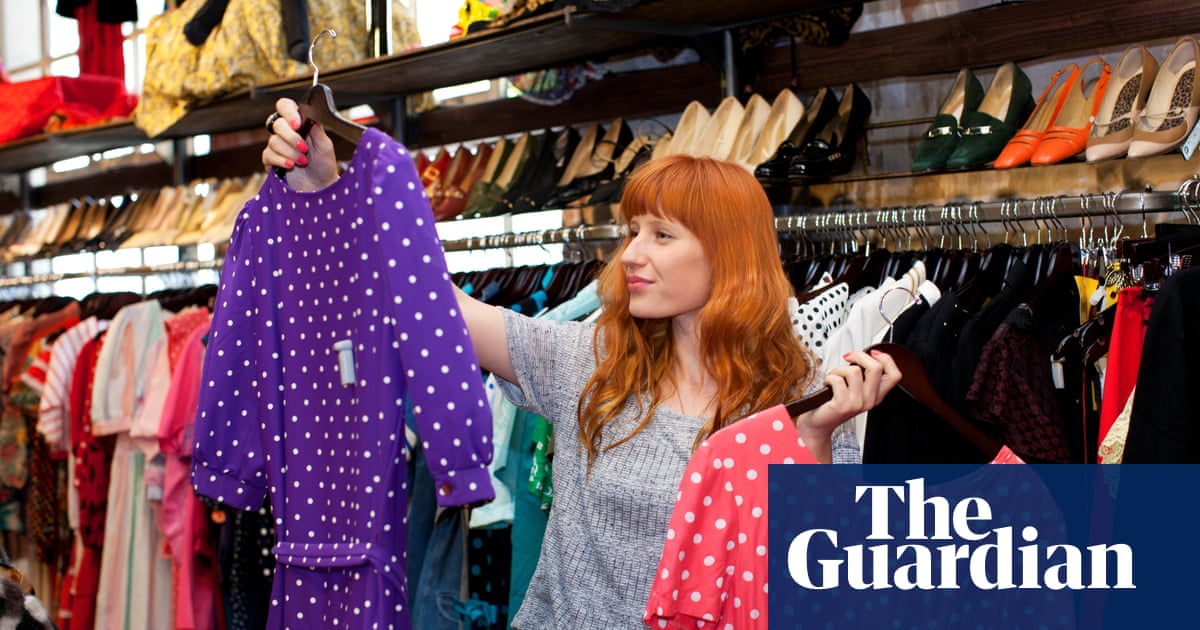The secondhand clothes movement is here to stay. The stigma is, by and large, gone. Where it once came with some degree of shame attached, culture has, thankfully, shifted and confiding that your outfit is preloved is now more of a not-so-humble brag than something to whisper.
It can’t hurt that the new editor of Vogue is no stranger to a secondhand stall, and treated vintage clothes with as much respect as new luxury styles in her debut issue.
But while it may be of the zeitgeist, there is no going back. Of course there is the ethical impetus. Consumers on the whole want to shop more thoughtfully, both for the sake of planet and for the garment workers whose mistreatment has been under increased scrutiny in recent times.
But it isn’t all about the ethics. The options for secondhand are now all-encompassing. “Secondhand” might be a catchall for multiple different kinds of clothes, but there is something for everyone, not just the kids who have traditionally been happy with the prices and creative possibilities of secondhand fashion.
On Depop, where many of the younger generation go for preloved styles, you can easily and relatively cheaply source the cowboy boots and baseball caps, bows and Longchamp bags that will help you keep up with the latest trends. On Vestiaire or TheRealReal, luxury fashion fans can find iconic bags from heritage labels such as Gucci and Chanel all for less than they would cost new, making high-end fashion more accessible to a wider range of people.
But it is not all good news. The danger is that the ease with which it is possible to shop secondhand, as well as its relative affordability, is making attitudes towards it more akin to that of fast fashion. Rather than being treated as something to treasure and take care of, it can be seen as disposable in the way other garments might. Without the guilt of having bought something new, there is a worry that consumers use it as an excuse to continue to consume at pace.
The consequences are not evenly meted out. As the Or Foundation stated in its Stop Waste Colonialism report: “The fashion industry uses the global secondhand clothing trade as a de facto waste management strategy.” Based in Kantamanto market in Accra, Ghana, it is dedicated to tackling the injustice of fashion’s trash problem.
While it remains to be seen whether some of these secondhand businesses can turn a profit, it will not be for want of appetite for preloved fashion.










